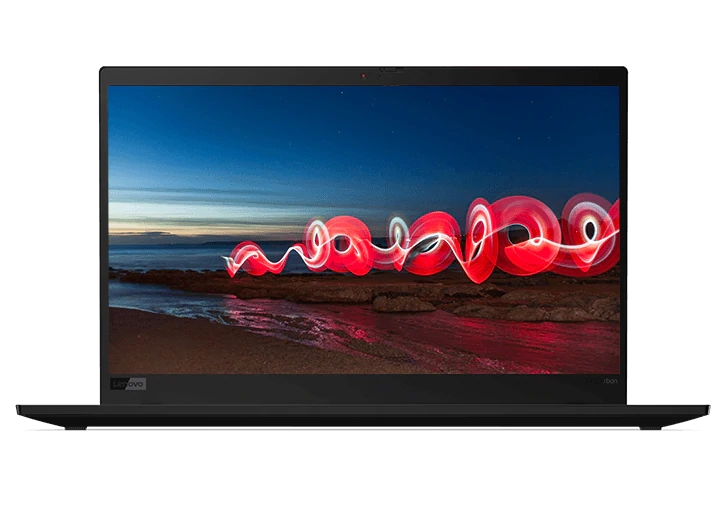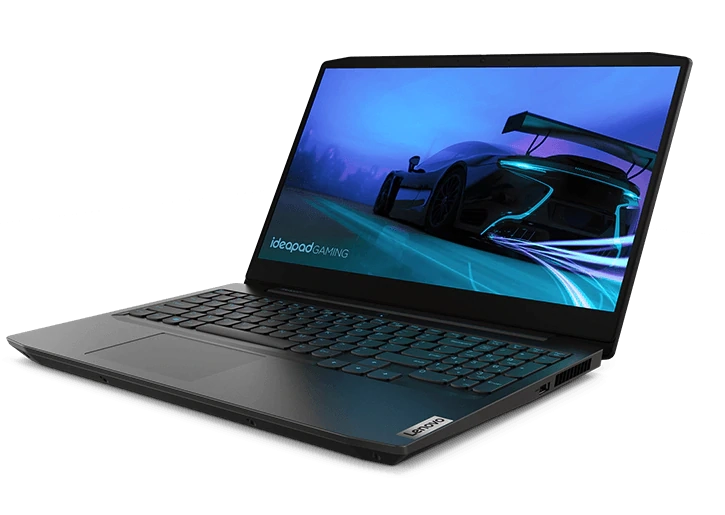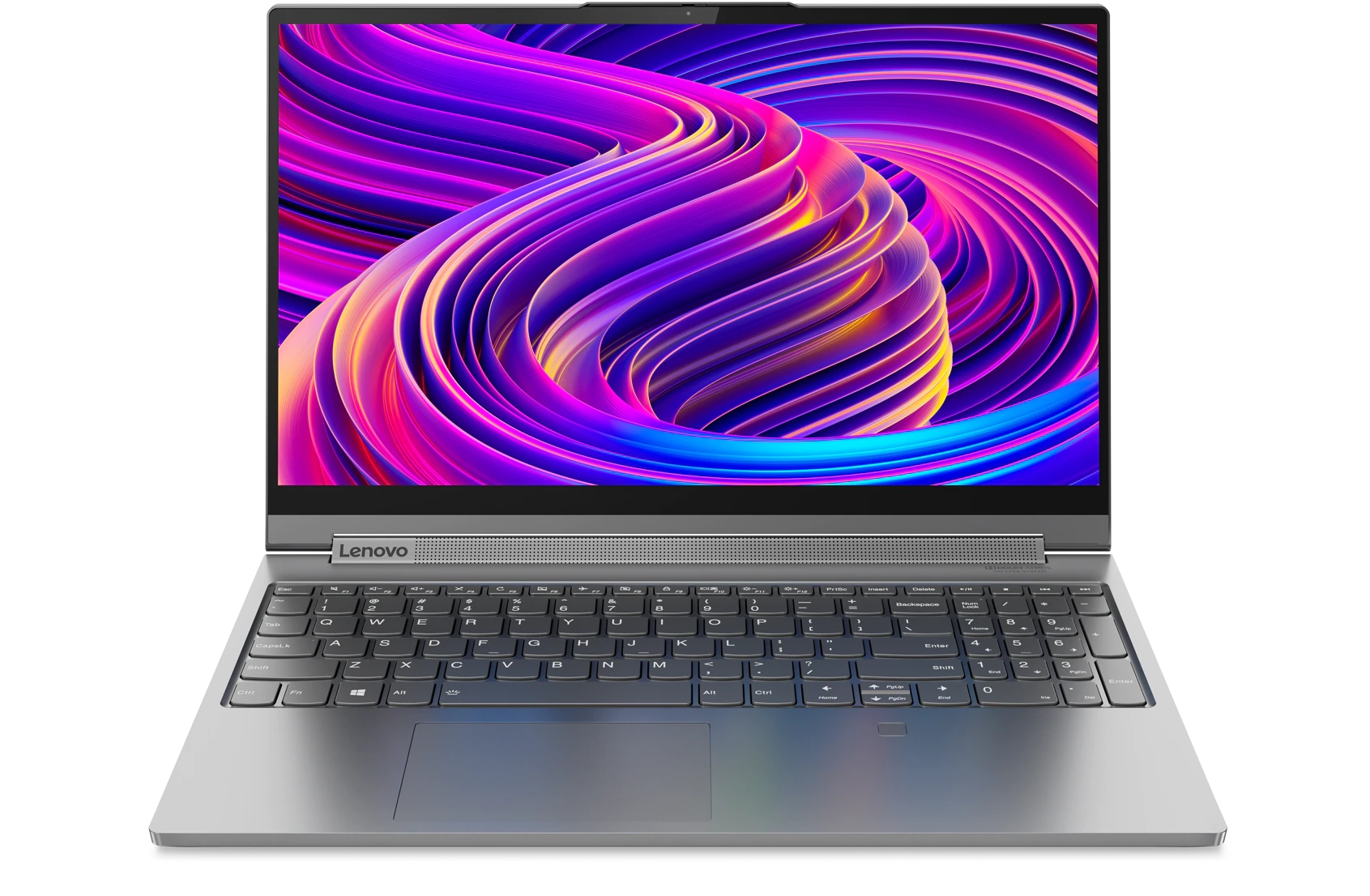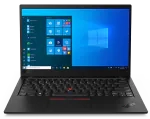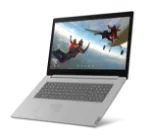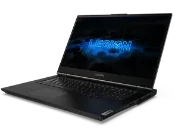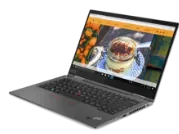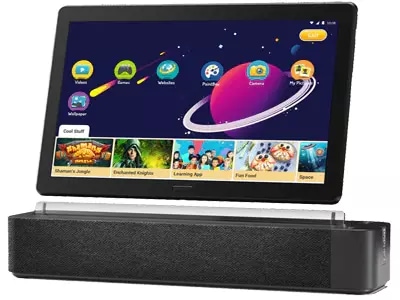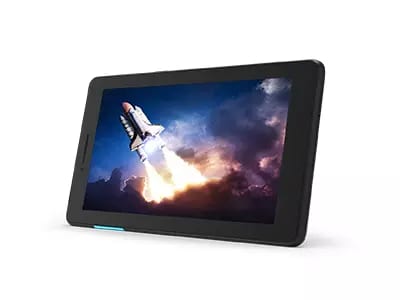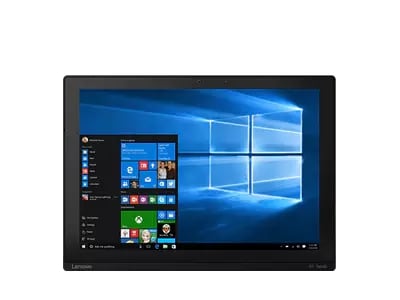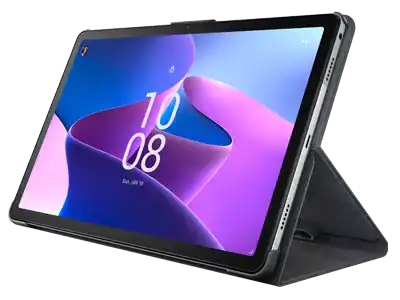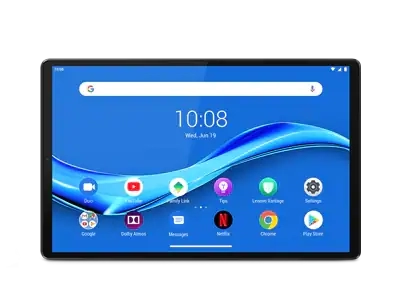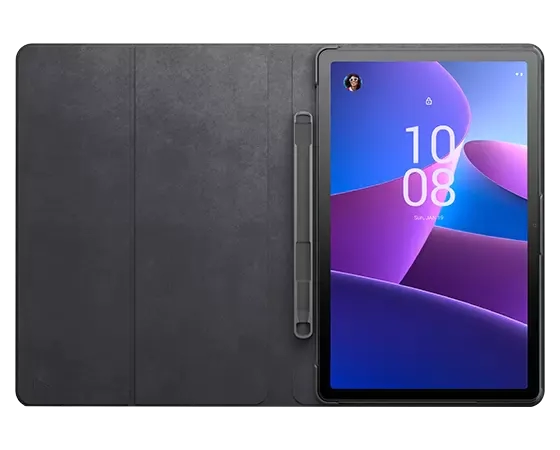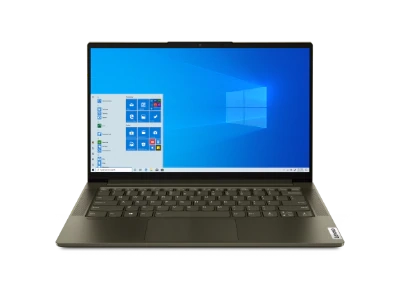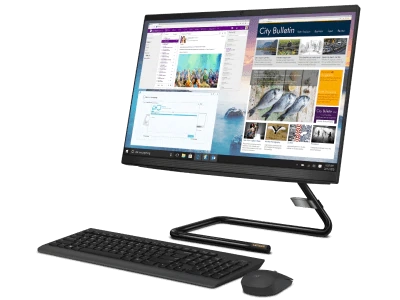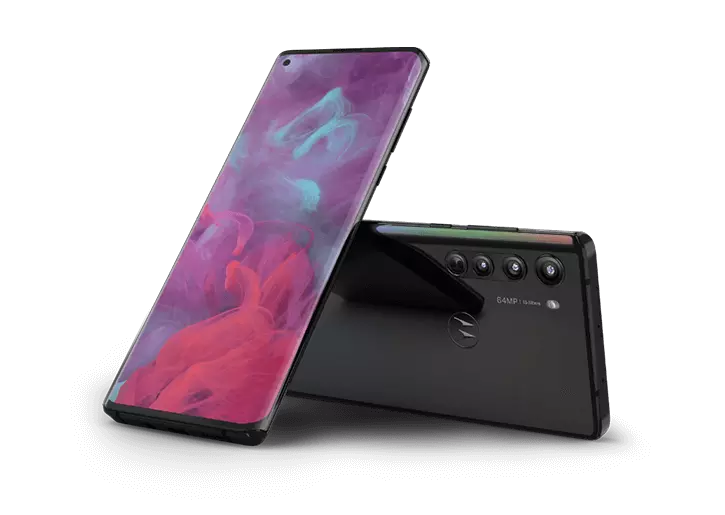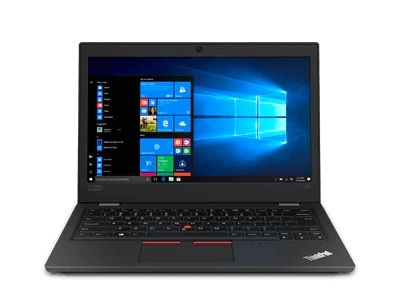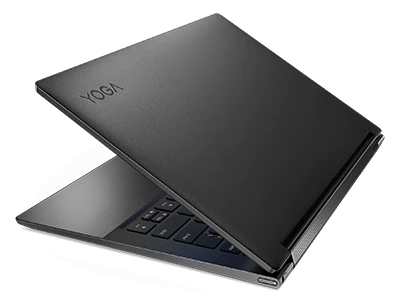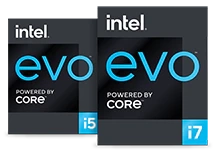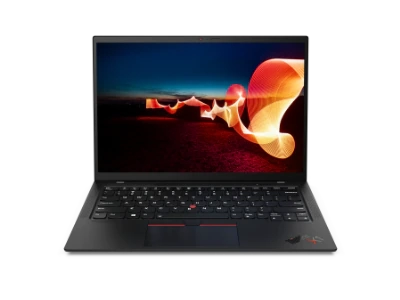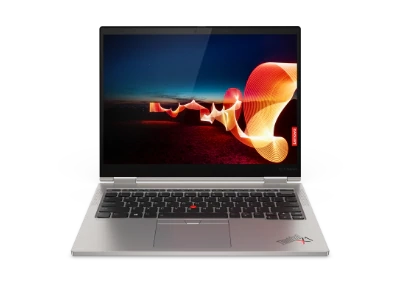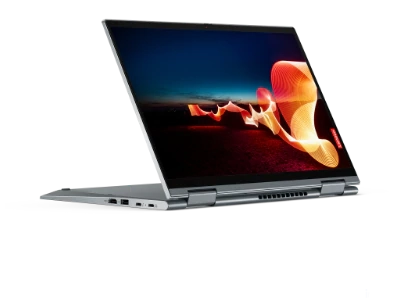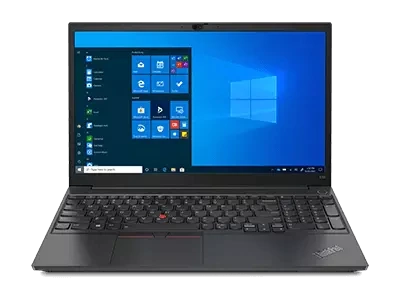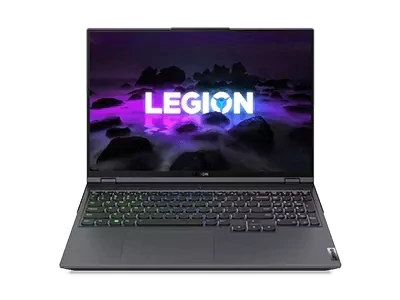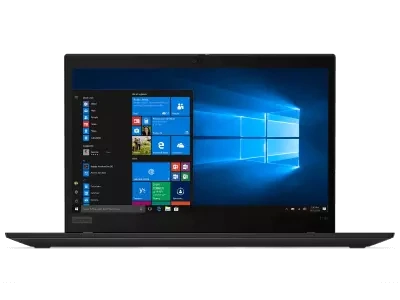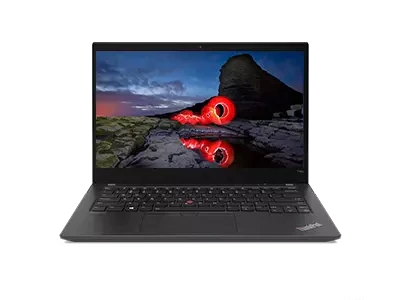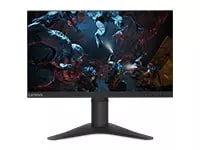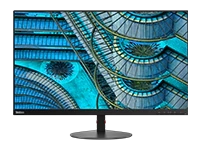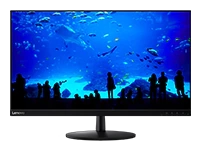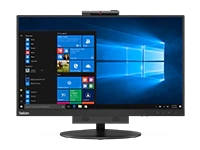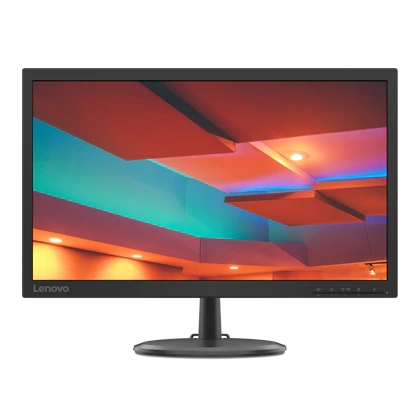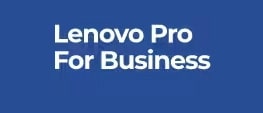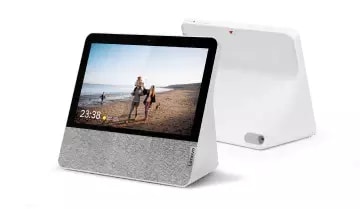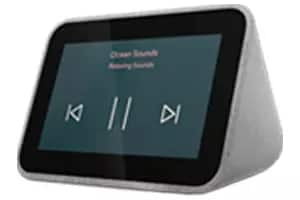What is Cloud Computing?
If you're unsure about what Cloud Computing is, you are probably among the 95% of people that are already using cloud services, like online banking and social networks, but don't realize it.
The "cloud" is a set of different types of hardware and software that work collectively to deliver many aspects of computing to the end-user as an online service.
Cloud Computing is the use of hardware and software to deliver a service over a network (typically the Internet). With cloud computing, users can access files and use applications from any device that can access the Internet.
An example of a Cloud Computing provider is Google's Gmail. Gmail users can access files and applications hosted by Google via the internet from any device.
How is computing from the Cloud different from computing from my PC's hard drive?
Unlike traditional computing where data is stored on your PC's local hard drive, the data in the cloud is stored on many physical and/or virtual servers that are hosted by a third-party service provider. An example of a cloud computing file storage provider is Dropbox. Dropbox files can be accessed from any device via the Internet.
What are public and private Clouds?
A Public Cloud is based on the standard cloud computing framework which consists of files, applications, storage and services available to the public via the internet. Gmail is an example of a Public Cloud.
A Private Cloud is comprised of files, applications, storage and services that are implemented and protected within a corporate firewall, under the control of a corporate IT department. An example of a Private Cloud would be a company that uses Microsoft Exchange because Microsoft Exchange can only be accessed by an authorized user through a secure VPN connection.
What are some common Cloud services and companies?
Some common services that are hosted in the cloud are hosted desktop, provided by companies like AT&T; hosted email like Gmail, provided by companies like Google; cloud storage, provided by companies like Dropbox; and streaming music, provided by companies like Spotify. These services, applications and files are stored in the cloud and can be accessed by users via any device.
There are a wide range of companies and industry verticals that use cloud computing such as Amazon and Google. Small, medium, and large size public and private companies alike use cloud computing to reduce technology acquisition costs.
Do I need Cloud computing?
The Cloud Computing market continues to grow year after year because companies are becoming more aware of the cost saving benefits of adopting the cloud.
With Hardware services, companies are able to use the cloud service provider's equipment (storage, hardware, servers, and networking components) instead of spending large amounts of capital on equipment.
With Software services, companies' applications are hosted by the cloud service provider and are made available over a network saving costly deployment and maintenance costs.
Are my files safe in the Cloud?
While no storage solution is 100% safe, cloud storage providers can offer a safer and more accessible place for companies to store data than traditional computing methods.
Depending on the service contract, duplicate copies of the companies' data can be stored on servers located in different geographies and protected by backup power supplies in the case of a disaster.
Today, many companies are moving to a Hybrid Cloud Computing model. With this model, companies are given the flexibility of storing sensitive data securely in a private cloud while storing public data in a public cloud. Both infrastructures are kept as separate, unique entities.
What the Cloud is NOT?
The cloud is not a fluffy white mass made up of tiny water droplets floating in cyberspace. The cloud is not impacted by weather changes like barometric pressure.
The cloud is not a place in a single location. In fact, the cloud can be anywhere. The cloud can be in your companies' data center or hosted at a 3rd party data center.
The growth of the cloud is not being driven by "big business." The growth of the cloud is being driven by consumers buying cloud ready devices that can connect to cloud computing services at work, at home, and on-the-go.
The cloud is not "a fad." There are currently 1.2 billion people using Facebook worldwide. That number represents 11% of the world's population.


Limits: Orders limited to 5 computers per customer. For larger quantities, go to the “Where to Buy” section of the website for details of resellers and retailers of Lenovo products
Offerings and Availability: All offers subject to availability. Offers, prices, specifications and availability may change without notice. Product offerings and specifications advertised on this website may be changed at any time and without notice. Models pictured are for illustration purposes only. Lenovo is not responsible for photographic or typographic errors..
PCs shown here are shipped with an operating system.
Prices: Web prices advertised include VAT. Prices and offers in the cart are subject to change until the order is submitted. *Pricing - savings referenced off regular Lenovo web prices. Reseller prices may differ from those advertised here.
**Battery: These systems do not support batteries that are not genuine Lenovo-made or authorised. Systems will continue to boot, but may not charge unauthorised batteries. Lenovo has no responsibility for the performance or safety of unauthorised batteries, and provides no warranties for failures or damage arising out of their use. **Battery life is based on the MobileMark® 2014 methodology and is an estimated maximum. Actual battery life may vary based on many factors, including screen brightness, active applications, features, power management settings, battery age and conditioning, and other customer preferences.
Finance is provided by Duologi. Duologi is the trading name of Specialist Lending Ltd.
General: Review key information provided by Microsoft® that may apply to your system purchase, including details on Windows 10, Windows 8, Windows 7, and potential upgrades/downgrades. Lenovo makes no representation or warranty regarding third-party products or services.
Trademarks: Lenovo, ThinkPad, IdeaPad, ThinkCentre, ThinkStation and the Lenovo logo are trademarks of Lenovo. Microsoft, Windows, Windows NT, and the Windows logo are trademarks of Microsoft Corporation. Ultrabook, Celeron, Celeron Inside, Core Inside, Intel, Intel Logo, Intel Atom, Intel Atom Inside, Intel Core, Intel Inside, Intel Inside Logo, Intel vPro, Itanium, Itanium Inside, Pentium, Pentium Inside, vPro Inside, Xeon, Xeon Phi, Xeon Inside, and Intel Optane are trademarks of Intel Corporation or its subsidiaries in the U.S. and/or other countries.© 2023 Advanced Micro Devices, Inc. All rights reserved. AMD, the AMD Arrow logo, Athlon, EPYC, FreeSync, Ryzen, Radeon, Threadripper and combinations thereof are trademarks of Advanced Micro Devices, Inc. Other company, product or service names may be trademarks or service marks of others.
